Services Offered:
Recovery management
Residential services
Psychosocial rehabilitation
Community psychiatric supports and treatment
Nursing services
Peer support
Employment services (assistance and support)
Substance use disorder services
Respite
Home-delivered meals
Minor home modifications
Adaptive aids
Transportation
Recovery

Diadem Hearts helps people:
• Continue to recover from serious mental illness and substance use disorder.
• Manage their physical and mental well-being.
• Gain stable and safe housing.
• Take part in daily life activities to reach personal goals.
• Connect with community partners.
• Build self-confidence and independence.

Recovery Management
At Diadem Hearts, we offer Recovery Management programs designed to provide individuals and their families with the support and resources they need to maintain lifelong sobriety. We are passionate about equipping and empowering people and their loved ones with the tools to achieve lifelong goals.
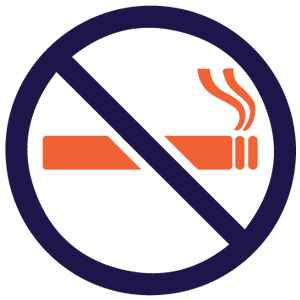
Substance Use Disorder
Provide assessment and ambulatory group and individual counseling for individuals experiencing substance use disorder. These services are specialized to meet the needs of individuals who have experienced extended institutional placement.
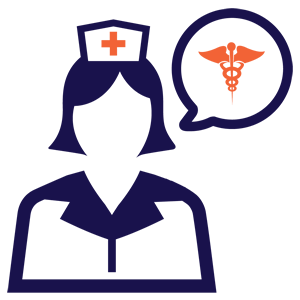
Nursing
Nursing services are provided through our Registered Nurse or licensed Vocational nurse under the supervision of a Clinical Supervisor RN. Services include ongoing chronic conditions, wound care, medical administration and supervising delegated tasks.
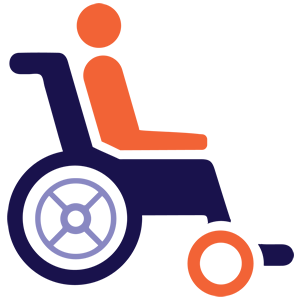
Adaptive AIDS
Specialized equipment and supplies including devices, controls, and appliances that enable individuals to more fully integrate into their community and increase their abilities to perform activities of daily living. These include calendars, timer, stretchers, wheel chairs and other items necessary for life support.

Transition Assistance
Payment of set-up expenses for individuals transitioning from institutions into community settings that is necessary to enable individuals to establish basic household needs.
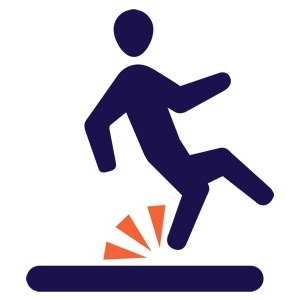
Rehabilitation Services
Our compassionate and experienced staff helps each patient, in a team-oriented atmosphere, reach their goals. Therapists and patients form a partnership and set goals together, working to help the patient function at their highest level.

Employment Services
Our dedicated sub-contractor help individual locate and maintain paid employment in the community and may include activities on behalf of the individual to assist in maintaining employment. Support for individuals as they work at jobs of their choosing and to achieve goals meaningful to them, such as increasing their economic security.

Peer Support
The program is an individualized, recovery-focused service that allows individuals the opportunity to learn to manage their own recovery and advocacy process from others living with mental illness who demonstrate ongoing success in their recovery. Clients are supported in choosing and working towards personal goals that are important to them in living, learning, working and socializing environments.

Minor Home Modifications
Physical adaptations to an individual’s home that are necessary to ensure individual’s health, welfare, and safety, or that enable the individual to function with greater independence in the home.

Community Psychiatric Support & Treatment
Evidenced-based or evidence-informed interventions which support the individual’s recovery by helping the individual develop, refine and/or maintain the skills needed to function successfully in the community.

Residential Services
Residential assistance to foster recovery and independence by helping with activities of daily living. These services also include assisting with other functional living tasks such as meal planning and preparation, transportation or assistance, ambulation and mobility, reinforcement of specialized rehabilitative, habilitative and psychosocial therapies.

Transportation Services
Non-medical transportation provided that enables individuals to support their recovery goals and gain access to services, activities, and resources, as specified in the Individualized Recovery Plan (IRP).

Home Delivered Meals
Provide nutritionally sound meals to individuals in their homes.
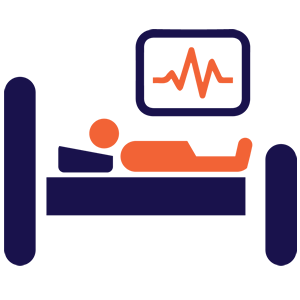
Respite Care
Temporary, planned or emergency short-term relief to the primary caregiver of an individual.
Home and Community-Based Services (HCS)
HCS is a Medicaid waiver program that supplies services and supports to Texans with an intellectual disability (ID) or a related condition so that they can live in the community. HCS services are intended to supplement rather than replace services received from other programs, such as Texas Health Steps, or from natural supports, including families, neighbors or community organizations.
HCS may be available to any Texas resident not living in an institutional setting who:
1. Has an IQ of 69 or below or has an approved related condition with an IQ of 75 or below.
2. Has mild to severe deficits in adaptive behavior.
3. Is eligible for Medicaid benefits.
4. Is not enrolled in any other Medicaid waiver program.
Services Available Under the HCS
- Residential services
- Transfer or ambulation
- Group home
- Host home/ companion care
- Respite services
- Day habilitation
- Employment services
- Nursing services
- Dental services
- Behavioral support
- Supported home living (transportation)
- Social work
- Occupational therapy
- Physical therapy
- Speech therapy
- Dietary services
- Audiology services
- Cognitive rehabilitation services (services for people with brain injury)
- Accessible minor home modifications
- Adaptive aids
- Transition assistance services: The HCS provider can also provide personal assistance services, habilitation or emergency response services through the Community First Choice (CFC) program to individuals who live in their own home or family home. Individuals can also receive unlimited prescriptions through the Medicaid Vendor Drug Program.
Primary Home Care/Personal Attendant Services
PHC/PAS
Primary Home Care/Personal Attendant Services (PHC/PAS) are defined as routine ongoing care or services required by an individual in a residence or independent living environment that enable the individual to engage in the activities of daily living or to perform the physical functions required for independent living. For client who are eligible for medicaid, PHC/PAS may be a good option as away to manage health challenges and activities of daily living.Personal care tasks associated with PHC/PAS include but are not limited to the following:
- Bathing
- Dressing
- Grooming
- Feeding
- Exercising
- Toileting
- Walking
- Meal preparation
- Shopping
- Laundry
- Escort
- Laundry
- Assisting with self-administered medications
- Routine hair and skin care
- Transfer or ambulation






